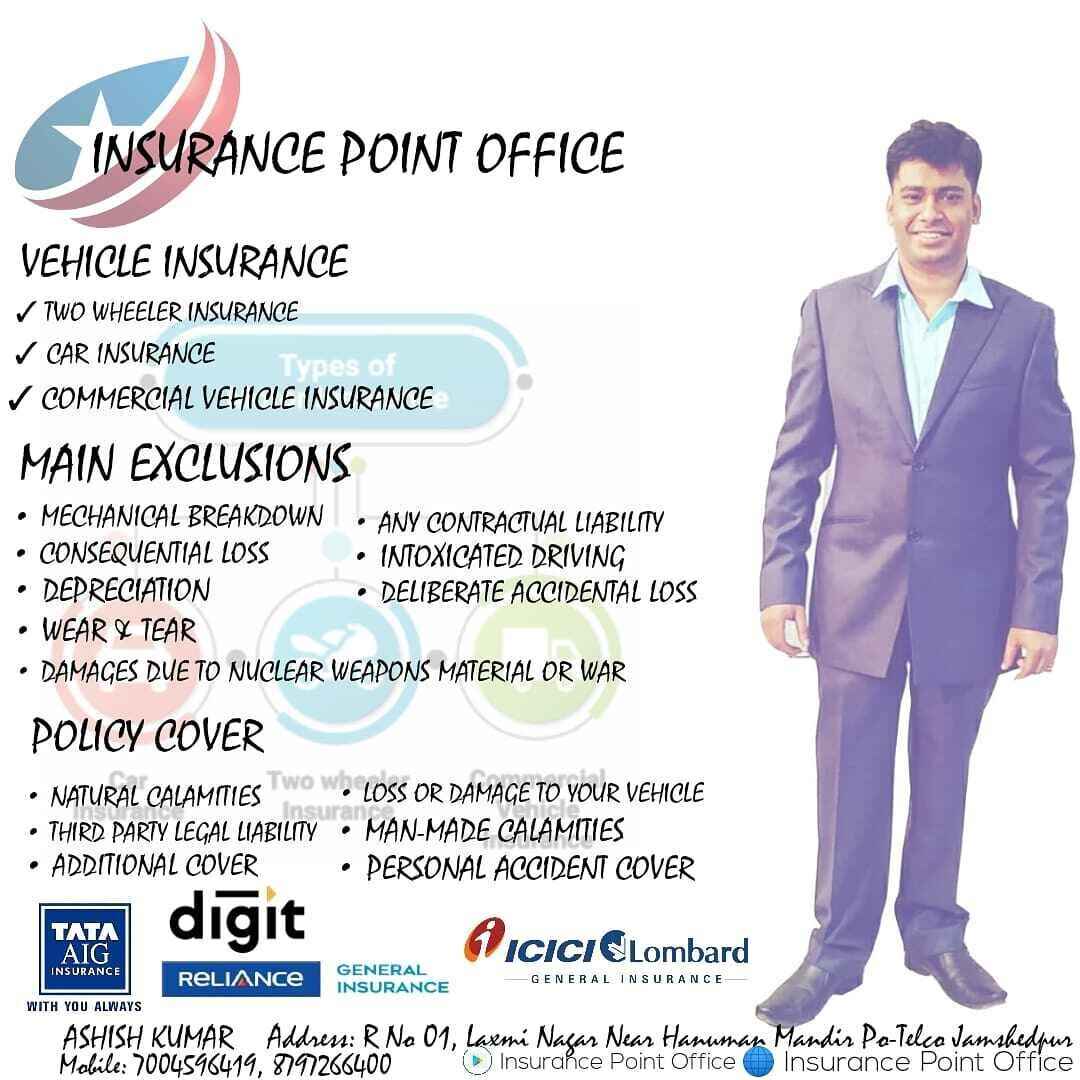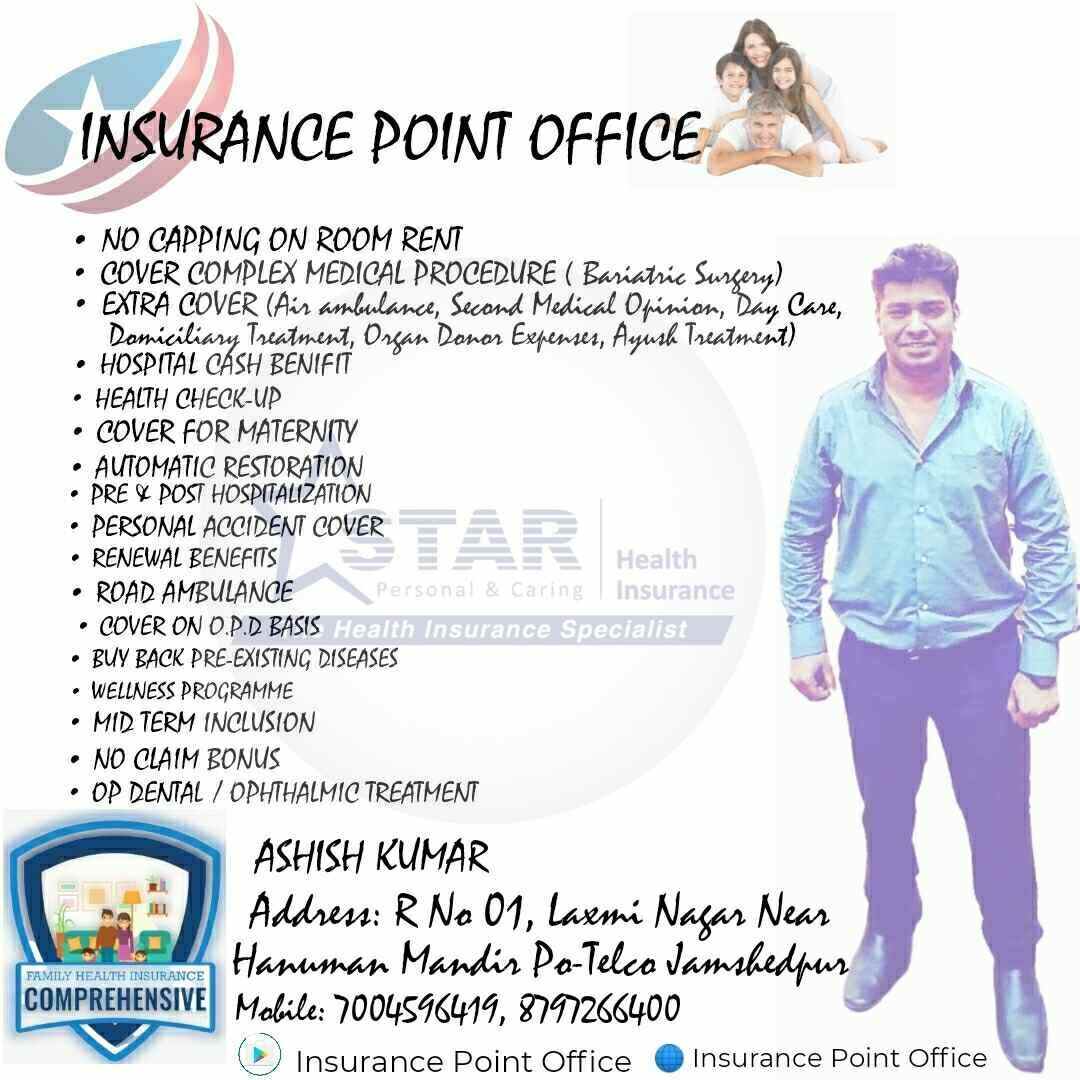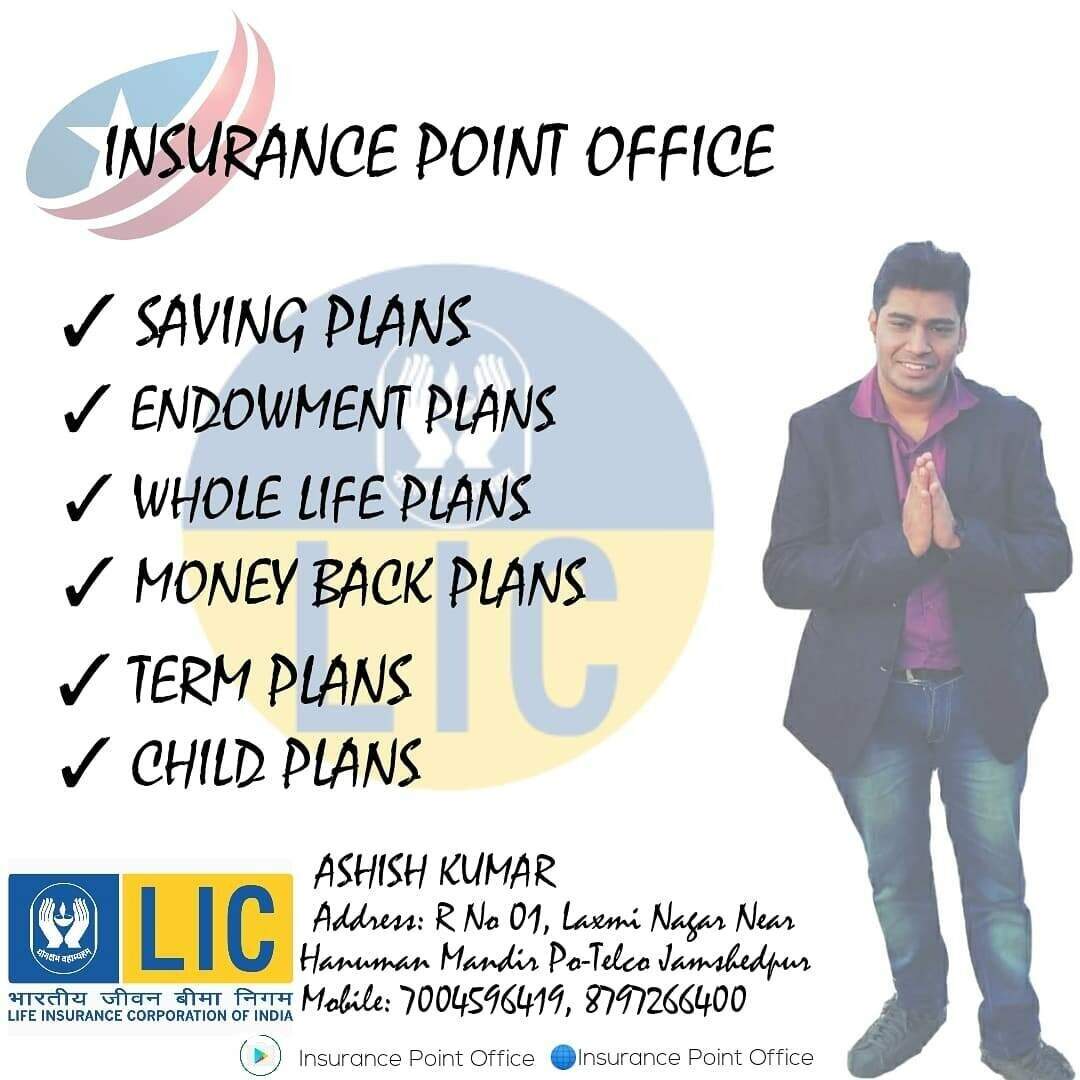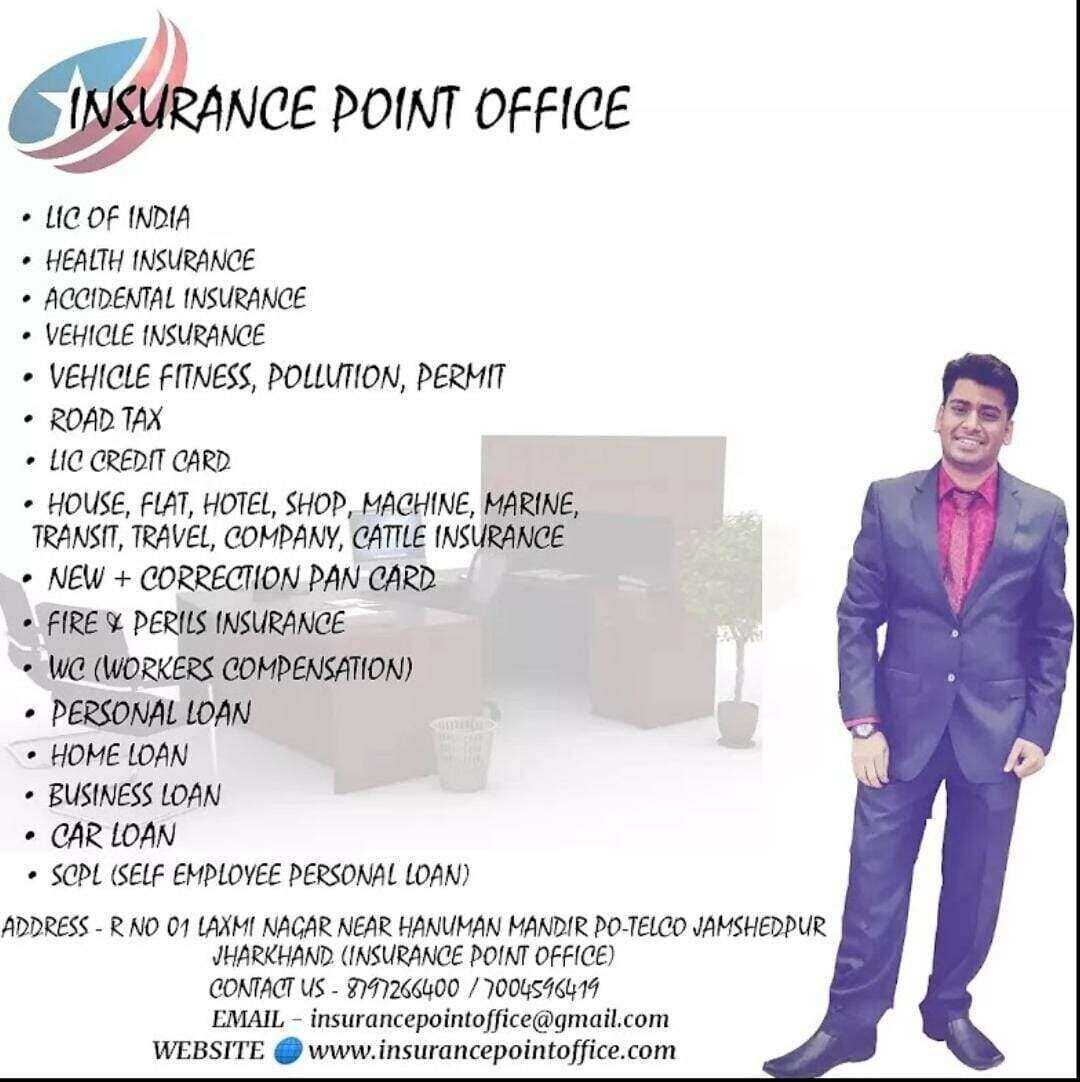

Why Motor Insurance is needed in our daily life?
- Which vehicle insurance is best?
The "best" vehicle insurance is determined by taking into account a number of variables, such as your individual requirements, financial situation, available coverage, level of customer support, and the standing of the insurance provider. Here are some popular and reputable vehicle insurance providers that are often considered among the best:
-
ICICI Lombard General Insurance: One of the top general insurance providers in India, ICICI Lombard provides a variety of vehicle insurance plans. ICICI Lombard General Insurance is known for quick claim payment, and excellent customer service.
-
TATA AIG General Insurance: TATA AIG is known for its transparent policies, user-friendly online services, and prompt claim settlement process. TATA AIG General Insurance is known for quick coverage along with additional benefits such as roadside assistance and zero depreciation cover.
-
GO DIGIT General Insurance: GO DIGIT Assurance is a private-owned insurance company with a strong presence in the vehicle insurance sector. Go Digit General Insurance is known for quick insurance plans with flexible coverage options and competitive premiums.
-
RELIANCE General Insurance Company: Reliance Insurance is another private-owned insurance company that provides reliable vehicle insurance coverage. Reliance General insurance is known for quick cashless claim settlement and round-the-clock customer service for automobiles, motorcycles, and commercial vehicles.
Think about things like coverage options, cost-effectiveness of premiums, claim settlement history, level of customer service, and extra perks provided by the insurance provider when selecting the finest auto insurance for your requirements. To make an educated choice, it's recommended to evaluate many insurance choices, thoroughly study the terms and conditions of the policy, and, if necessary, speak with an insurance counselor.
- What is full insurance of vehicle?
"Full insurance" of a vehicle typically refers to a comprehensive auto insurance policy that provides extensive coverage against various risks and perils. It's also known as "comprehensive coverage" in some regions. Here's what is typically covered under a full insurance or comprehensive auto insurance policy:
-
Own Damage Coverage: Its provides protection against damages to your vehicle resulting from accidents, collisions, overturning, or other physical damage, regardless of fault.
-
Theft: Comprehensive insurance covers losses related to theft of the insured vehicle or its parts.
-
Vandalism: Damage caused by vandalism, such as graffiti or malicious acts, is typically covered under comprehensive insurance.
-
Fire: Comprehensive coverage extends to damages caused by fire, including vehicle fires and damages resulting from wildfires.
-
Natural Disasters: its includes coverage for damages caused by natural disasters such as floods, earthquakes, hurricanes, tornadoes, and hailstorms.
-
Collision with Animals: Damage resulting from collisions with animals, such as deer or livestock, is typically covered under comprehensive insurance.
-
Glass Damage: Comprehensive coverage usually includes coverage for repair or replacement of broken or damaged glass, such as windows and windshields.
-
Personal Belongings: Some comprehensive policies may provide coverage for personal belongings damaged or stolen from the insured vehicle.
-
Third-Party Liability: In addition to the above coverages, comprehensive insurance may also include third-party liability coverage, which protects you against legal liabilities arising from bodily injury or property damage caused to third parties in accidents involving your vehicle.
-
In this insurance policies deductibles, exclusions, and coverage restrictions might vary. For this reason, it's critical to thoroughly read the policy paperwork to determine what is and is not covered. Additionally, comprehensive coverage is usually optional and can be purchased as an add-on to a basic liability insurance policy.
Though wide protection is offered by comprehensive coverage, it's crucial to evaluate your specific demands and financial situation to decide if this is the best option for you. If you have a financed or leased vehicle, comprehensive coverage may be required by the lender or leasing company.
- What are the two types of car insurance?
The two primary types of car insurance are:
-
Third-Party Liability Insurance: Often referred to as liability-only insurance, third-party liability insurance covers injuries and damages your car may cause to other persons, their property, or other cars. It typically covers legal liabilities arising from accidents where you are at fault, including bodily injury to other parties and damage to their property. Third-party liability insurance is usually mandatory by law in many countries to drive a vehicle legally on public roads. However, it only covers damages to third parties and does not provide coverage for damages to your own vehicle.
-
Comprehensive Insurance: Comprehensive insurance, also known as full coverage or comprehensive coverage, provides broader protection than third-party liability insurance. In addition to covering damages and injuries caused to third parties, comprehensive insurance also covers damages to your own vehicle resulting from accidents, collisions, theft, vandalism, fire, natural disasters, and other covered perils. Comprehensive insurance offers more extensive coverage and financial protection for your vehicle but typically comes with higher premiums compared to third-party liability insurance.
-
These two kind of vehicle insurance meet various requirements and preferences. While third-party liability insurance provides basic coverage mandated by law, comprehensive insurance provides additional protection and peace of mind by covering a wider range of risks and perils. The ideal form of vehicle insurance must be selected after taking your particular demands, financial status, and risk tolerance into consideration. To further personalize your insurance policy according to your particular requirements, you may also think about adding endorsements or additional coverages.
Written By - Insurance Point Office


